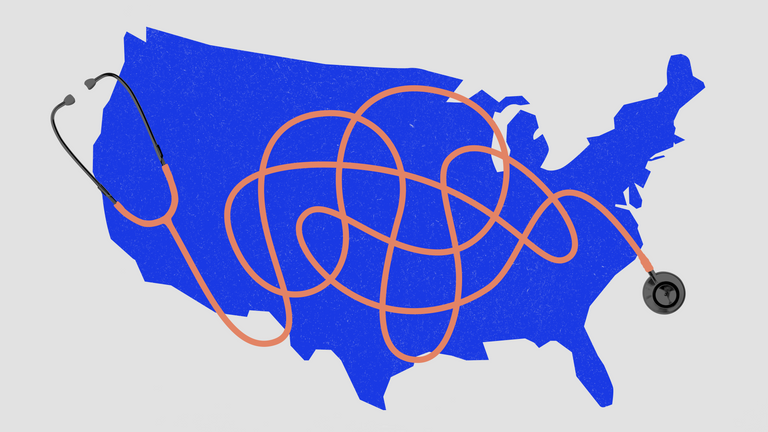
There are various systems of healthcare around the world. The differences between universal healthcare like Singapore's and single-payer healthcare like the United States are vast. In basic terms the United States health care system works as follows: citizen goes into a healthcare facility, gets treated, gives insurance to healthcare worker, healthcare worker bills insurance, insurance, and healthcare go back and forth on what the insurance wants to pay, after that is settled (can take several months) then the citizen is billed. Dr. Sean Masaki Flynn made an excellent point saying that the United States’ health care system is a free market and has competition, but the people do not have the benefits of the free market. He compared that instance to ordering off of a menu with no prices, then paying whatever you are billed after you eat. You do not know the cost of treatment of the medical care you get until after it is all complete and then you get the bill. Dr. Sean Masaki Flynn goes on to talk about Singapore, which has a universal healthcare system. One aspect that I found interesting that Dr. Sean Masaki Flynn talked about was that in Singapore, they have the prices of every procedure ahead of time, so you know what you pay. This was in the same reference as having a menu. There are even “combos” in the prices including the overnight stay in the hospital, the anesthesiologist, and the surgery itself. I thought this was very interesting and helpful for those people who know they will need a common surgery, like a hip replacement surgery, in advance so they can save and limit their spending in accordance with their personal lives. In Singapore, there is a mandatory saving called Medisave. This is where seven percent of a citizen of Singapore’s gross income goes to health care. Generally, the idea is that you will save this money in your twenties, thirties, and forties so when your body starts having health issues from aging you can afford to go get medical care. Although this does sound like a great aspect, there are some downsides. Those who have a disability or chronic disease who cannot work are at a great disadvantage. They can not work to save money for their medical care, but as we know no system is perfect. Universal healthcare also keeps the costs of medical care lower. Since there is no competition, the price can be as low as it can be for when the government pays for it. There are lots aspects of universal healthcare, but it is something the United States needs to look into for the future as the medical world gets more expensive.